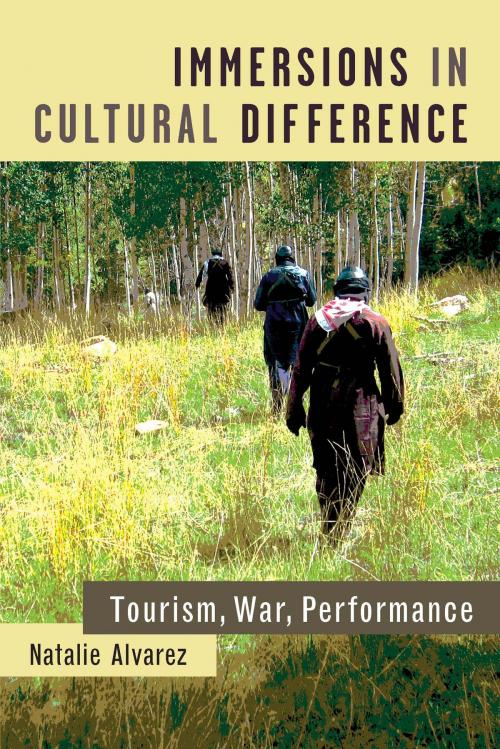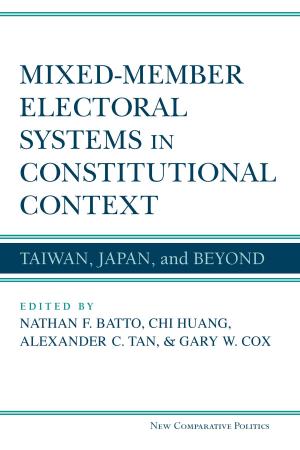Immersions in Cultural Difference
Tourism, War, Performance
Nonfiction, Social & Cultural Studies, Social Science, Anthropology, Entertainment, Performing Arts, Travel| Author: | Natalie Alvarez | ISBN: | 9780472123544 |
| Publisher: | University of Michigan Press | Publication: | February 6, 2018 |
| Imprint: | University of Michigan Press | Language: | English |
| Author: | Natalie Alvarez |
| ISBN: | 9780472123544 |
| Publisher: | University of Michigan Press |
| Publication: | February 6, 2018 |
| Imprint: | University of Michigan Press |
| Language: | English |
In a time of intensifying xenophobia and anti-immigration measures, this book examines the impulse to acquire a deeper understanding of cultural others. Immersions in Cultural Difference takes readers into the heart of immersive simulations, including a simulated terrorist training camp in Utah; mock Afghan villages at military bases in Canada and the UK; a fictional Mexico-US border run in Hidalgo, Mexico; and an immersive tour for settlers at a First Nations reserve in Manitoba, Canada. Natalie Alvarez positions the phenomenon of immersive simulations within intersecting cultural formations: a neoliberal capitalist interest in the so-called “experience economy” that operates alongside histories of colonization and a heightened state of xenophobia produced by War on Terror discourse. The author queries the ethical stakes of these encounters, including her own in relation to the field research she undertakes. As the book moves from site to site, the reader discovers how these immersions function as intercultural rehearsal theaters that serve a diverse set of strategies and pedagogical purposes: they become a “force multiplier” within military strategy, a transgressive form of dark tourism, an activist strategy, and a global, profit-generating practice for a neoliberal capitalist marketplace.
In a time of intensifying xenophobia and anti-immigration measures, this book examines the impulse to acquire a deeper understanding of cultural others. Immersions in Cultural Difference takes readers into the heart of immersive simulations, including a simulated terrorist training camp in Utah; mock Afghan villages at military bases in Canada and the UK; a fictional Mexico-US border run in Hidalgo, Mexico; and an immersive tour for settlers at a First Nations reserve in Manitoba, Canada. Natalie Alvarez positions the phenomenon of immersive simulations within intersecting cultural formations: a neoliberal capitalist interest in the so-called “experience economy” that operates alongside histories of colonization and a heightened state of xenophobia produced by War on Terror discourse. The author queries the ethical stakes of these encounters, including her own in relation to the field research she undertakes. As the book moves from site to site, the reader discovers how these immersions function as intercultural rehearsal theaters that serve a diverse set of strategies and pedagogical purposes: they become a “force multiplier” within military strategy, a transgressive form of dark tourism, an activist strategy, and a global, profit-generating practice for a neoliberal capitalist marketplace.















